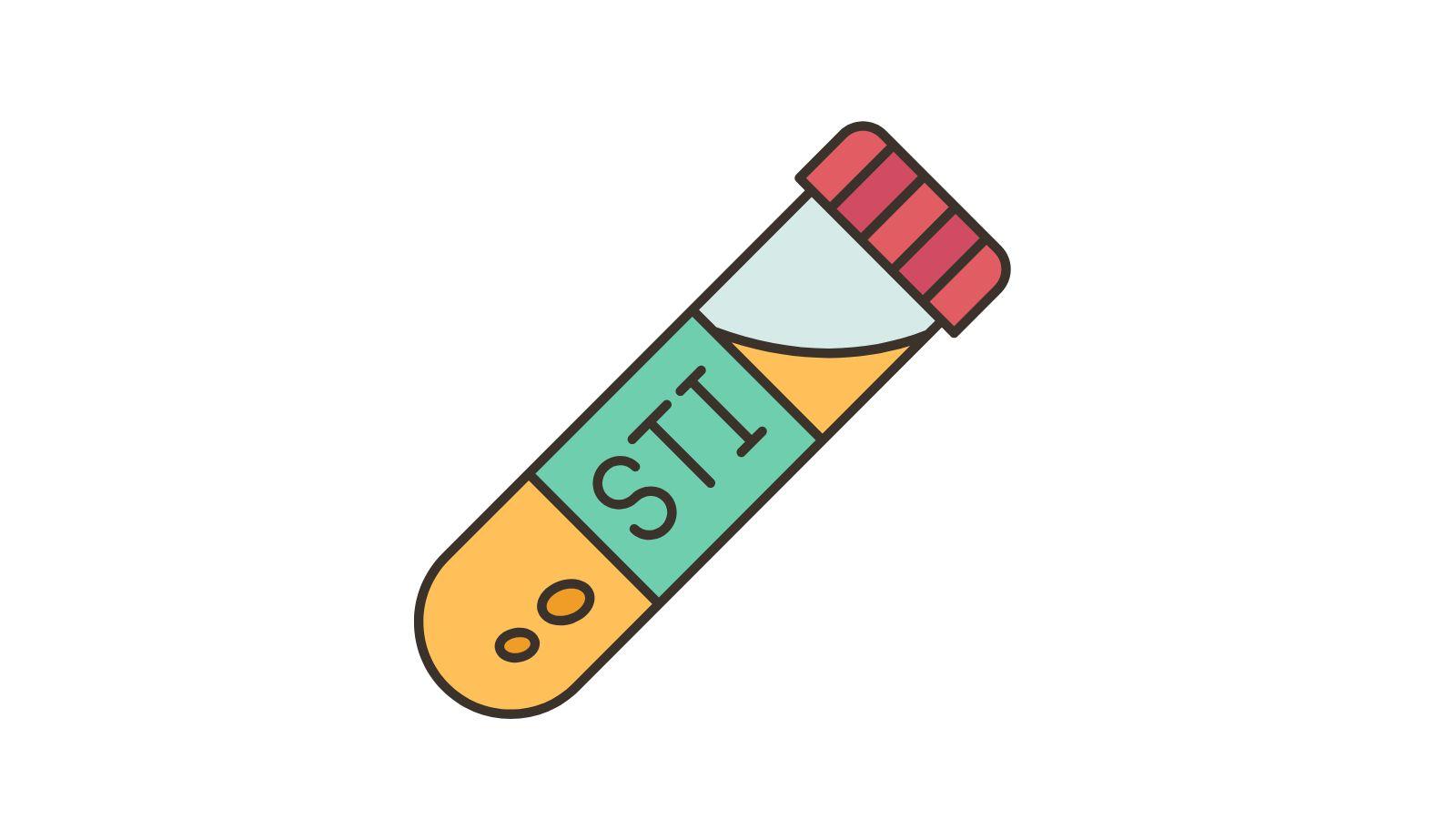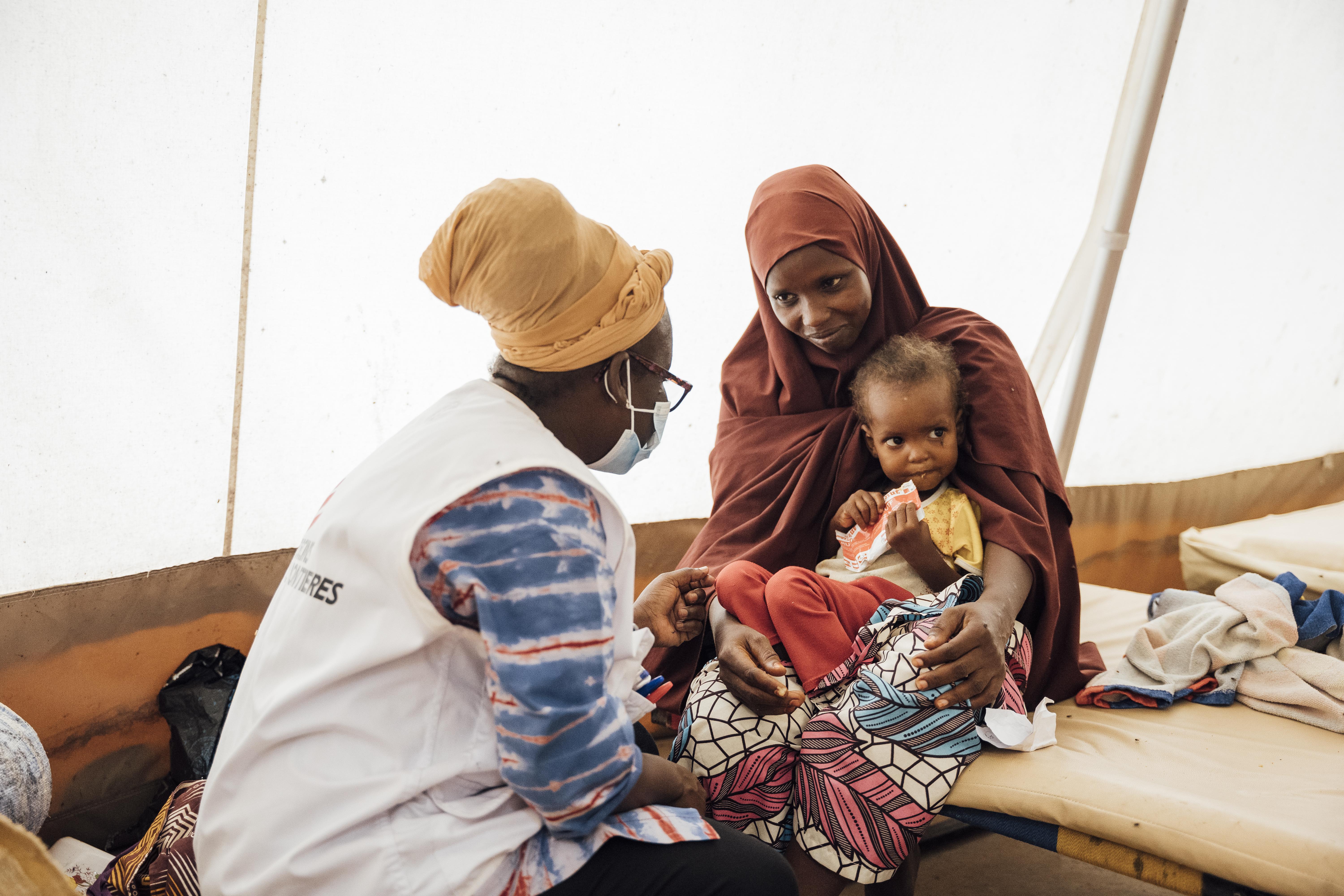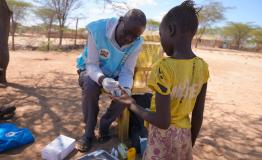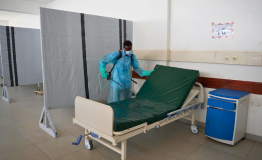So, what exactly are STIs?
STIs are infections passed from one person to another during sexual activity (vaginal, oral, or anal). They can also be passed through sharing contaminated objects or from a mother to baby during pregnancy or birth and breastfeeding.
Some common STIs include
- Chlamydia
- Gonorrhea
- Syphilis
- Herpes
- HPV (Human Papillomavirus)
- HIV
- Hepatitis B
Do all STIs have symptoms?
Nope. That’s what makes them tricky. Many STIs show no symptoms at all especially in the early stages. You could have an STI and not know it, which is why regular testing is important if you’re sexually active.
What symptoms should we be alert to as they might suggest a possible STI?
- Pain when urinating and/or during sex
- Genital itching or with pain
- Discharge with a bad smell
- The appearance of pimples, warts, ulcers or other unusual skin changes in the genital area
Why should you care?
Because untreated STIs can lead to serious health problems like infertility, long-term pain, or increased risk of HIV. And even without symptoms, you can still pass them to your partner.
How do you protect yourself?
- Use condoms correctly every time you have sex.
- Get tested regularly (especially if you have a new partner).
- Don’t share sharp objects like razors or needles.
- Talk openly with your partner about your sexual health.
DO’S and DON’T
- Do not self-medicate
- Visit a healthcare provider
- Get checked by a health provider before having sex, and always use protection if you do
If you think you might have an STI, don’t panic.
STIs are treatable and some, like gonorrhoea and chlamydia, can be cured completely with medicine. The earlier you get tested and treated, the easier it is to avoid complications.
Remember: caring about your sexual health isn’t a sign of shame it’s a sign of strength and self-respect. Visit your nearest Health Facility for testing and treatment.



